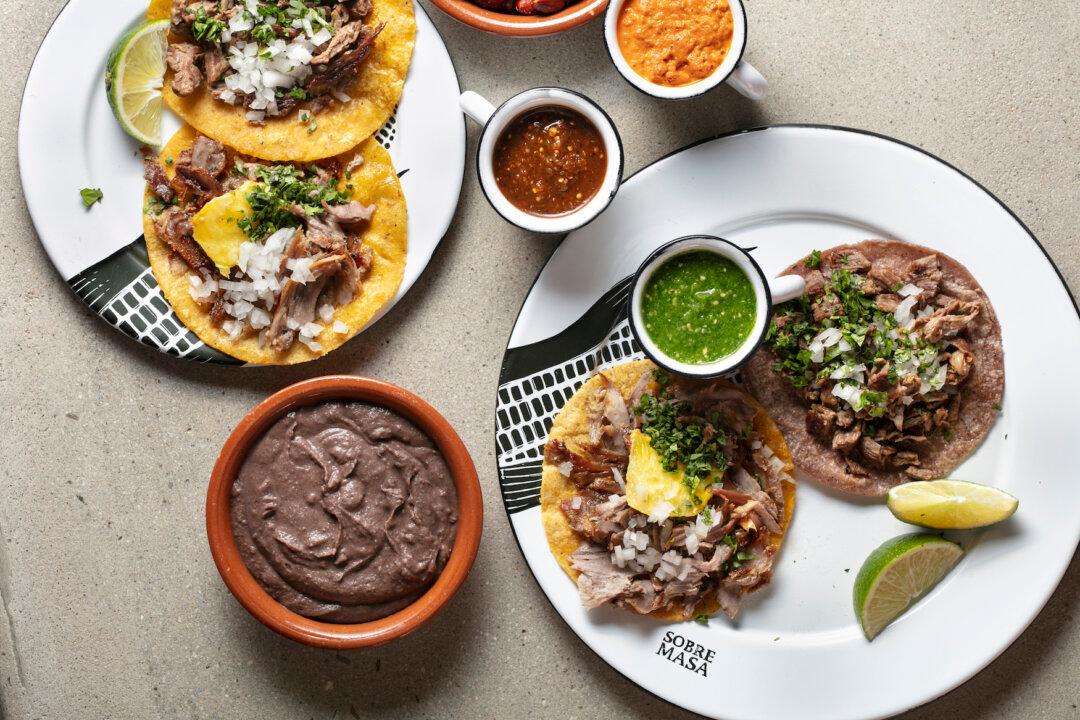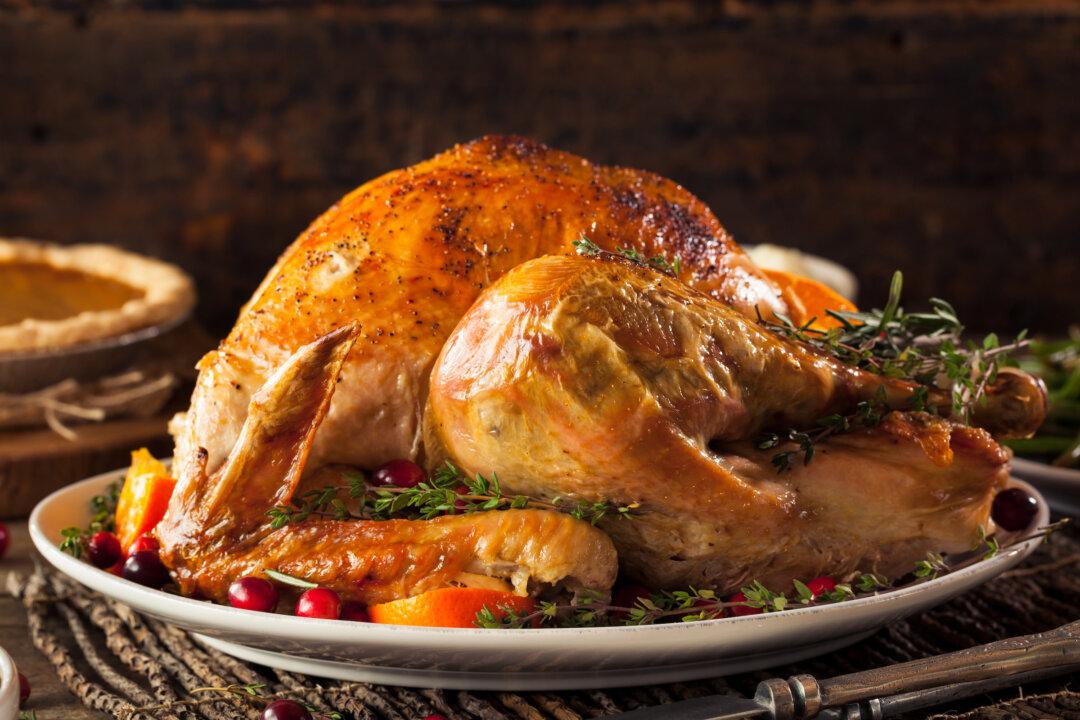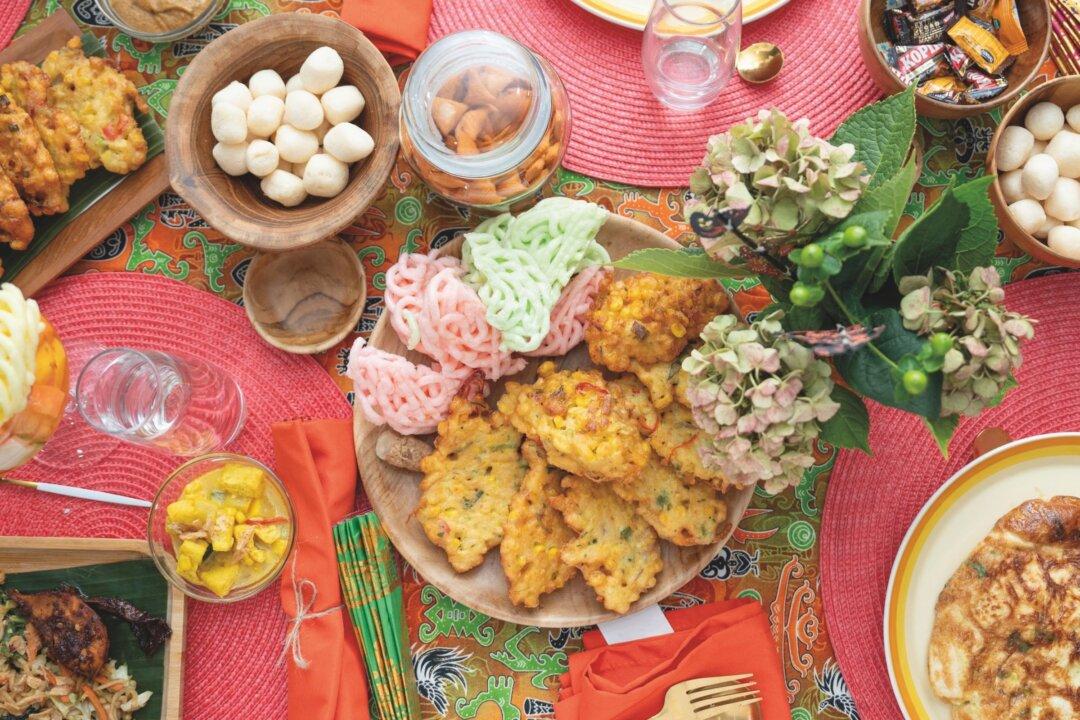On a good day, the tiny tortilla factory that anchors Sobre Masa in Brooklyn churns out 5,000 tortillas, in shades of red, yellow, white, perhaps blue. The colors that day—and, in turn, the distinct flavors, aromas, and textures—depend on the availability of the heirloom corn they buy from small Mexican farms.
“We’re fourth in line, basically,” said chef Zack Wangeman, after the farmers save enough for their families, livestock, and next year’s crop. He has to explain to clients, “Hey, you might not know what you’re gonna get—but that’s a good thing.”






